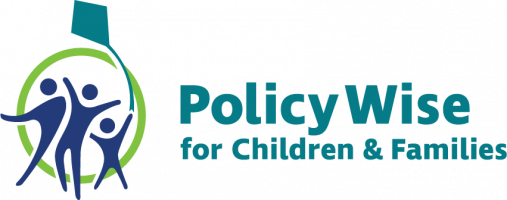STAY TUNED & CONNECT WITH US
Stay in Touch!
Sign up for Our Newsletter.
Past Newsletters
- June 20, 2025 - PolicyWise Newsletter - Summer 2025
- April 11, 2025 - PolicyWise Newsletter - Spring 2025
- January 17, 2025 - PolicyWise Newsletter - January 2025
- October 4, 2024 - PolicyWise Newsletter - October 2024
- June 21, 2024 - PolicyWise Newsletter - Join Our Board of Directors and Recent Project News
- March 19, 2024 - PolicyWise's new initiative for providers serving gender-diverse youth and two capacity-building opportunities

